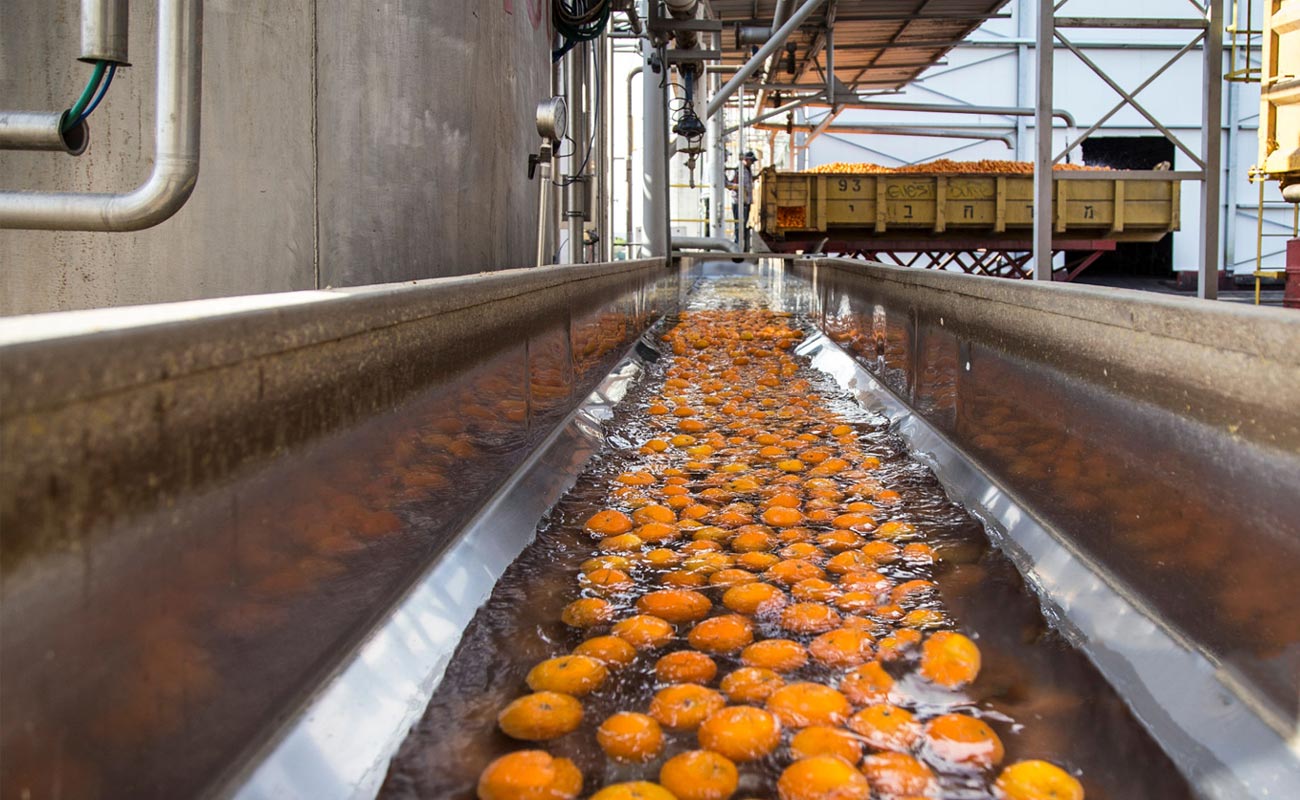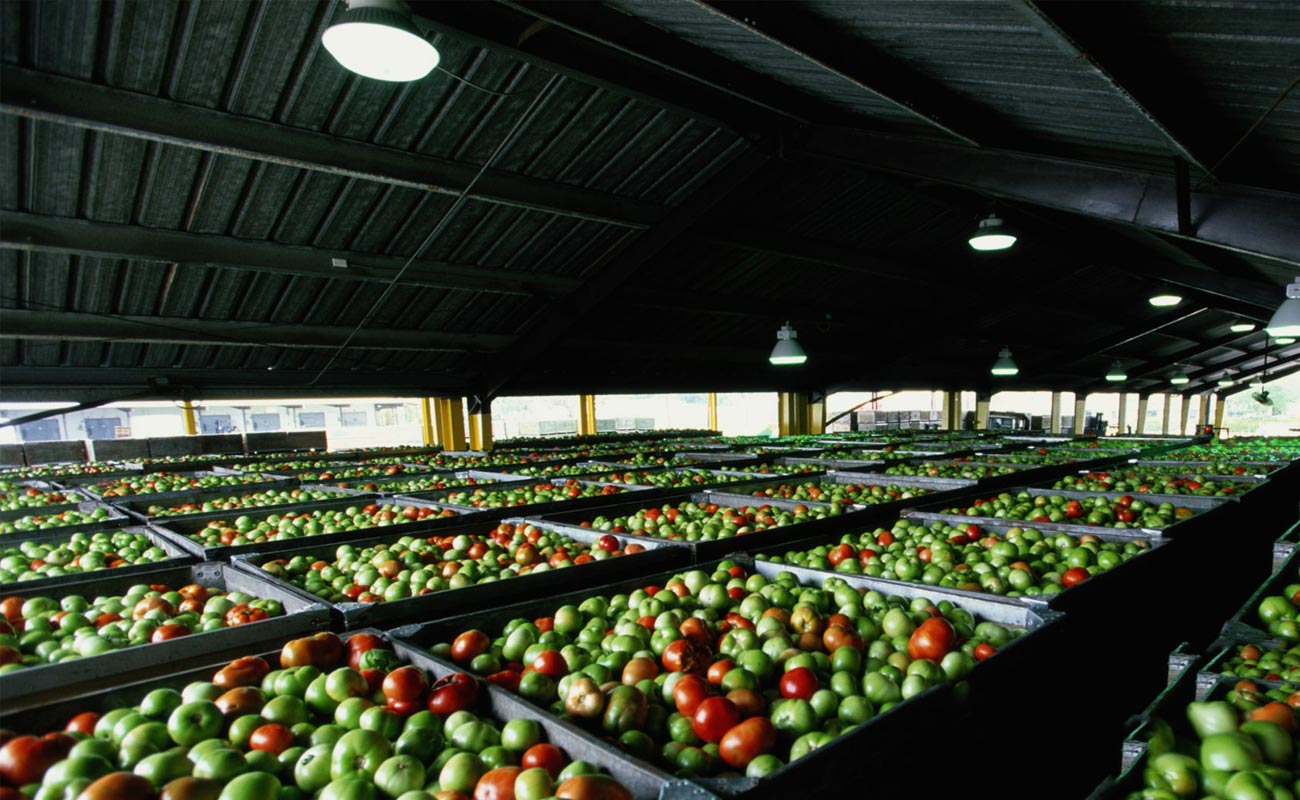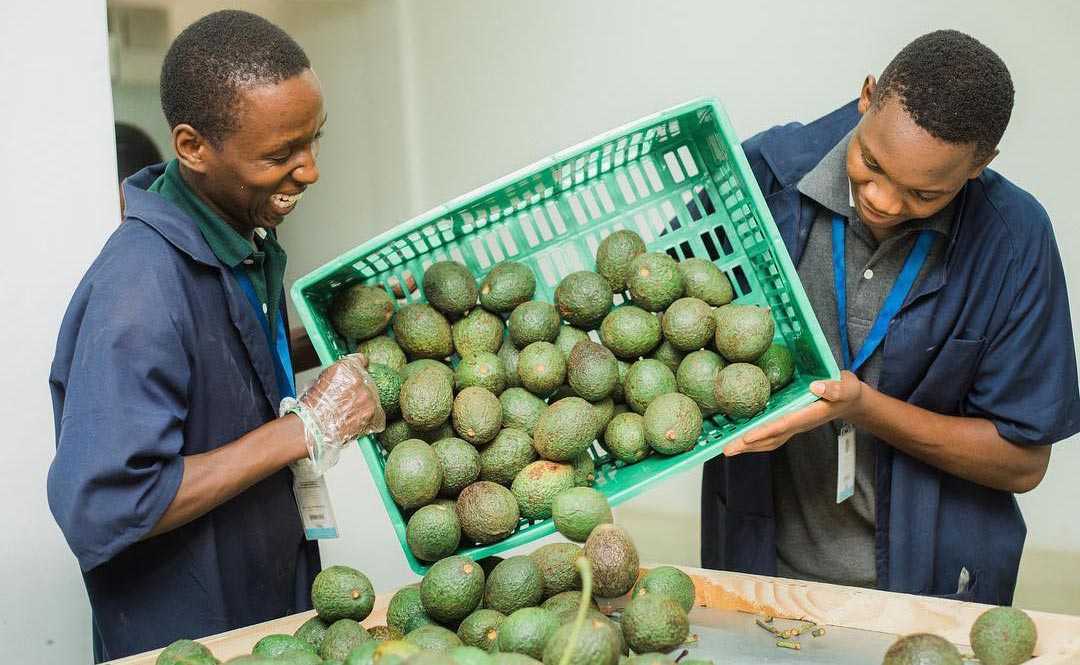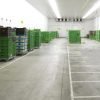In fruit and vegetable production, packing represents one of the final farm practices. In order to sell the crops as soon as possible and continue with other farm activities, some farmers preferably skip crop packing. When doing so, they usually sell their products in shipping containers without a special package. For some farmers, on the other hand, packing is an obligatory farm practice, essential for crop quality preservation, as well as marketing management. In response to this, packing can be a simple practice of moving the fruit into a shipping container or it can include a variety of post-harvest management practices.


A packing house is a facility where fruits and vegetables are received and processed prior to distribution to market.
Packing can be practiced on the farm, immediately after the harvest or later when the crops are delivered in a storage facility. Furthermore, packing can be practiced manually, or with the use of packing machines. The choice of adequate packing method will depend on the requirements of each crop production, as well as farmer’s financial possibilities and post-harvest management requirements.


Fruit & vegetable processing in a pack house begins with a process called dumping. It is a practice that includes moving the fruits from the bin or container to a packing house. The fruits can be delivered to a packing house manually, dumped on a conveyor belt or padded ramps. Besides that, the fruits can be dumped into the water for cleaning as shown in the picture above.
Several other processes such as sorting and selection, advanced cleaning, fungicide application and waxing are performed in a packing house depending on the type of produce being processed
Read a more detailed explainer on the processes that go on inside a packing house here.
Accent cooling has been really instrumental in building and maintaining our packing houses and cold rooms through out the country. Their work ethic is exemplary and we are happy to continue partnering with them.


